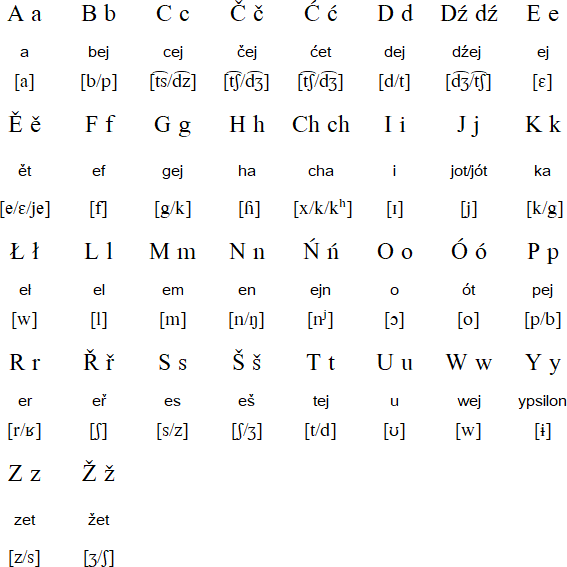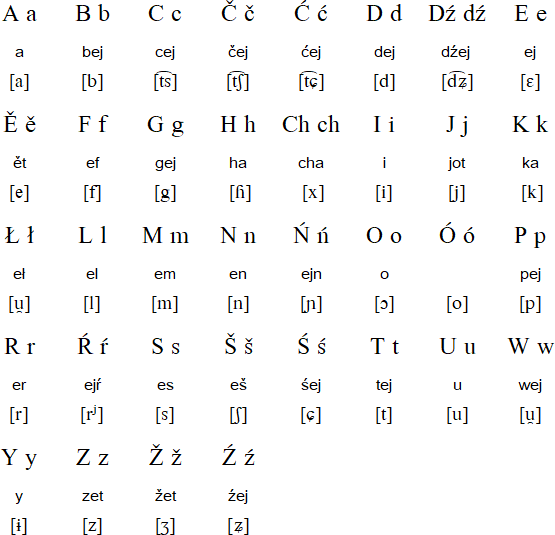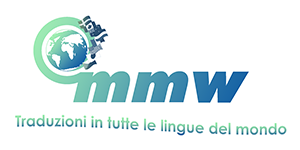Sorbian (hornjoserbsce/dolnoserbski)
Sorbian, or Wendisch, is a member of the West Slavic subgroup of
Indo-European languges spoken by about 55,000 people in Upper and Lower
Lusatia in the German Länder of Saxony and Brandenburg.
The Sorbs are descendents of the Wends, the German name for the Slavic
tribes who occupied the area between the Elbe and Saale rivers in the
west and the Odra (Oder) River in the east during the medieval period.
Sorbian first appeared in writing during the 16th century. The first
Sorbian texts include a fragment of a liturgy (1543) from Zossen and
the translation of the New Testament (1548) by M Jakubica from Laubnitz.
In the mid-19th century, written Upper Sorbian based on the dialect spoken
around Bautzen was introduced as the compulsory standard in the Sorbian-speaking
area in Upper Lusatia, while written Lower Sorbian based on the Cottbus
dialect was introduced as the standard written form in Lower Lusatia.
Sorbian is taught as a subject in a number of secondary schools and
used as a medium of instruction for some subjects. There are a number
of nursery and primary schools which teach through the medium of Sorbian.
There is one daily paper, Serbske Nowiny, entirely in Upper
Sorbian and one weekly paper, Nowy Casnik, half in Lower Sorbian
and half in German. There are also a few journals and magazines in Sorbian.
Each week about 10 hours of Sorbian programmes are broadcast on German radio
stations. There are also a couple of hours of Sorbian on German TV
Upper Sorbian alphabet (hornjoserbski alfabet) and pronunciation

Lower Sorbian alphabet (dolnoserbski alfabet) and pronunciation

Prounciation details and notes provided by Grzegorz Jagodziński
Sample text in Upper Sorbian
Wšitcy čłowjekojo su wot naroda swobodni a su jenacy po
dostojnosći a prawach. Woni su z rozumom a swědomjom wobdarjeni
a maja mjezsobu w duchu bratrowstwa wobchadźeć.
Sample text in Lower Sorbian
Wšykne luźe su lichotne roźone a jadnake po dostojnosći
a pšawach. Woni maju rozym a wědobnosć a maju ze sobu w duchu
bratšojstwa wobchadaś.
Translation
All human beings are born free and equal in dignity and rights. They
are endowed with reason and conscience and should act towards one another
in a spirit of brotherhood.
(Article 1 of the Universal Declaration of Human Rights)
